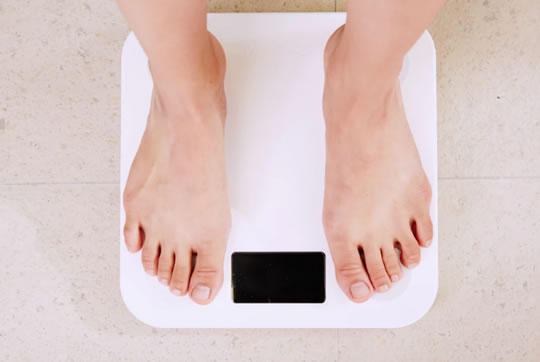People in the study could eat what they liked and did no additional exercise.
Small changes to mealtimes can double weight loss, new research finds.
The weight loss was achieved by delaying breakfast for just 90 minutes and eating dinner 90 minutes early.
People in the study were free to eat what they liked — within this window — and they made no other changes to their lifestyles.
The study was 10 weeks long, but almost half said they would consider maintain the new mealtimes in the future.
The study split people into two groups: one ate their meals at normal times and the other delayed breakfast by 90 minutes and ate their dinners 90 minutes earlier.
The results showed that changing mealtimes doubled the loss in body fat.
Because of the change in mealtimes, people ate less.
They probably had lower appetites, reduced opportunity to eat and snacked less in the evening.
Although it worked for some people, more than half reported that the new mealtimes were not compatible with their family or social life.
However, the study does show the dramatic effect of relatively small changes to mealtimes.
Dr Jonathan Johnston, study co-author, said:
“Although this study is small, it has provided us with invaluable insight into how slight alterations to our meal times can have benefits to our bodies.
Reduction in body fat lessens our chances of developing obesity and related diseases, so is vital in improving our overall health.
However, as we have seen with these participants, fasting diets are difficult to follow and may not always be compatible with family and social life.
We therefore need to make sure they are flexible and conducive to real life, as the potential benefits of such diets are clear to see.
We are now going to use these preliminary findings to design larger, more comprehensive studies of time-restricted feeding.”
The study was published in the Journal of Nutritional Science (Antoni et al., 2018).

